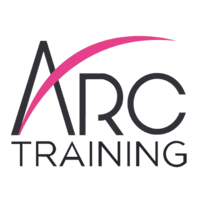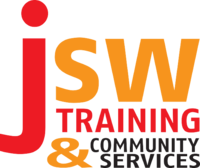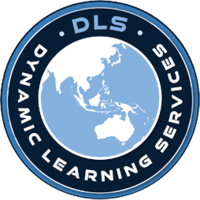
This role has a high level of AI exposure. While some human skills are required, many tasks could be automated or replaced by new technology.
Explore all careersCommunity Support Workers assist the elderly and those with disabilities by providing personal care, companionship, and household support.
Get qualified to work as a Community Support Worker with a course recognised across Australia. Speak to a training provider to learn more.








































The average salary for a Community Support Worker in Australia is currently $1,442 per week ($74,984 annually). These are median figures for full-time employees and should be considered a guide only.
 Courses.com.au Team
Courses.com.au Team
There are currently 276,600 Community Support Workers employed in Australia right now. This occupation is expected to grow by nearly 30% over the next 5 years and employment prospects are excellent right across Australia.
 Courses.com.au Team
Courses.com.au Team
Get started as a Community Support Worker with the Certificate III in Individual Support. With this qualification you can specialise in either aged care or disability support. You will also benefit from supporting qualifications such as the Diploma of Community Services, Certificate IV in Mental Health, or the Diploma of Counselling. To get a job you will need a current driver’s licence and National Police Clearance. If you are supporting children or minors under 18 years of age, you will need a Working With Children check.
Source: Australian Government Labour Market Insights 2023
 Courses.com.au Team
Courses.com.au Team
Browse occupations related to Community Support Worker



For those looking to embark on a fulfilling career in the community services sector, the Community Support Worker courses in Bundaberg offer a wide range of options tailored to both beginners and experienced professionals. With a total of 39 courses available in this field, aspiring community support workers can find the right training that aligns with their career aspirations. The courses are provided by recognised training organisations in the Bundaberg area, ensuring high-quality education and preparation for future employment.
For newcomers to the field, there are 33 beginner courses accessible in Bundaberg. Popular choices include the Certificate III in Individual Support CHC33021 and the Certificate III in Community Services CHC32015. These courses provide foundational skills essential for effective service delivery, equipping students with the knowledge needed to assist clients in various settings. Additionally, specialized short courses such as the Assist Clients with Medication HLTHPS006 and Course in Introduction to the National Disability Insurance Scheme 22469VIC are excellent for enhancing specific competencies within the community support worker role.
Experienced professionals seeking to further their qualifications can explore the advanced courses available, including the Certificate IV in Community Services CHC42021 and the Certificate IV in Disability Support CHC43121. These courses are designed to deepen existing knowledge and expertise, enabling learners to take on more complex roles and responsibilities within the field. In addition, the Certificate IV in Alcohol and Other Drugs CHC43215 prepares individuals for specialised work in substance abuse and rehabilitation.
Enrolling in Community Support Worker courses in Bundaberg not only enhances your skills but also opens up a multitude of career opportunities. Potential job roles include Community Development Manager, Personal Carer, and Community Care Worker. Each role provides a unique opportunity to make a meaningful impact on the lives of others, highlighting the importance of community services in Bundaberg and beyond.
In conclusion, pursuing a career in community support work through the diverse offerings of Community Support Worker courses in Bundaberg is an excellent choice for both new and experienced learners. With comprehensive training provided by reputable organisations, individuals can achieve their career goals while contributing positively to their communities. Explore the available courses today to begin your journey in this rewarding field.